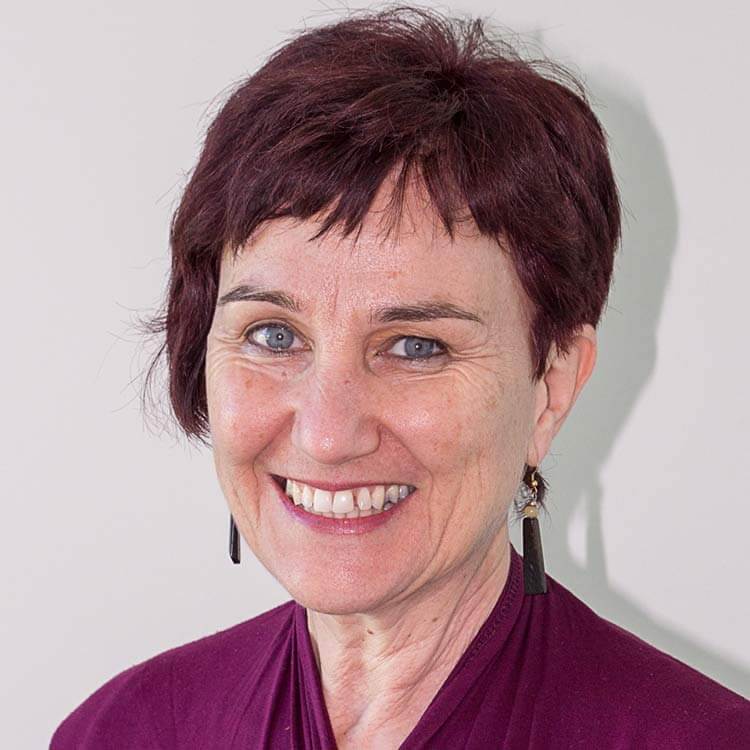Search
Research
Indigenous Australian genomes show deep structure and rich novel variationThe Indigenous peoples of Australia have a rich linguistic and cultural history. How this relates to genetic diversity remains largely unknown because of their limited engagement with genomic studies. Here we analyse the genomes of 159 individuals from four remote Indigenous communities, including people who speak a language (Tiwi) not from the most widespread family (Pama-Nyungan). This large collection of Indigenous Australian genomes was made possible by careful community engagement and consultation.
Research
The landscape of genomic structural variation in Indigenous AustraliansIndigenous Australians harbour rich and unique genomic diversity. However, Aboriginal and Torres Strait Islander ancestries are historically under-represented in genomics research and almost completely missing from reference datasets. Addressing this representation gap is critical, both to advance our understanding of global human genomic diversity and as a prerequisite for ensuring equitable outcomes in genomic medicine.
Research
Feasibility and acceptability of the use of flash glucose monitoring encountered by Indigenous Australians with type 2 diabetes mellitus: initial experiences from a pilot studyType 2 diabetes mellitus (T2DM) is highly prevalent within the Indigenous Australian community. Novel glucose monitoring technology offers an accurate approach to glycaemic management, providing real-time information on glucose levels and trends. The acceptability and feasibilility of this technology in Indigenous Australians with T2DM has not been investigated.
Research
Hospital and emergency department discharge against medical advice in Western Australian Aboriginal children aged 0–4 years from 2002 to 2018: A cohort studyDischarge against medical advice (DAMA) is a priority issue for the health system. Little is known about the factors associated with DAMA for Aboriginal and/or Torres Strait Islander (Aboriginal) children in Australia.
Research
Health behaviours associated with healthy body composition among Aboriginal adolescents in Australia in the ‘Next Generation: Youth Well-being study’This study described the distribution of healthy body composition among Aboriginal adolescents in Australia aged 10-24 years and examined associations with health behaviours and self-rated health.
Research
Exploring self-determined solutions to service and system challenges to promote social and emotional wellbeing in Aboriginal and Torres Strait Islander people: a qualitative studyMany Aboriginal and Torres Strait Islander people living on Kaurna Country in northern Adelaide experience adverse health and social circumstances. The Taingiwilta Pirku Kawantila study sought to understand challenges facing Aboriginal and Torres Strait Islander communities and identify solutions for the health and social service system to promote social and emotional wellbeing.
Research
Circulating epigenomic biomarkers correspond with kidney disease susceptibility in high-risk populations with type 2 diabetes mellitusTo investigate epigenomic indices of diabetic kidney disease (DKD) susceptibility among high-risk populations with type 2 diabetes mellitus.
Research
Ear and hearing outcomes in Aboriginal infants living in an urban Australian area: the Djaalinj Waakinj birth cohort studyDescribe the ear and hearing outcomes in Aboriginal infants in an Australian urban area. Aboriginal infants enrolled in the Djaalinj Waakinj prospective cohort study had ear health screenings at ages 2-4, 6-8 and 12-18 months and audiological assessment at ∼12 months of age. Sociodemographic, environmental characteristics, otoscopy, otoacoustic emissions, tympanometry and visual reinforcement audiometry data were collected.
Research
Fetal alcohol spectrum disorder and Aboriginal and Torres Strait Islander men: A discussion to be hadFetal alcohol spectrum disorder (FASD) is a lifelong disability of varying severity that occurs among individuals prenatally exposed to alcohol. Among Aboriginal and Torres Strait Islander (Indigenous) Australians, the effects of colonisation and ongoing racism could increase the risk of alcohol consumption during pregnancy.

